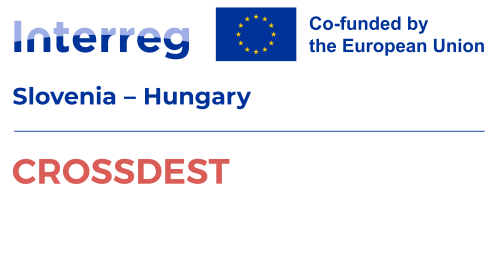
The CROSSDEST – Cross-border Destination Development for Inclusive and Sustainable Tourism in the Slovenian-Hungarian Border Area Interreg project aims to help destinations in the region achieve internationally recognized sustainability certifications, while local service providers and attractions also advance toward greener and more accessible tourism. Four cities – Hévíz, Sárvár, Murska Sobota, and Lendava – participate in the project, supported by three professional partners: Innotime Hungary, GoodPlace, and the Pannon European Grouping of Territorial Cooperation (EGTC).
The initial phase of the project focused primarily on laying the foundations. The first version of the module integrated into the I-DEST digital platform was completed, allowing tourism service providers and destinations to measure and monitor their sustainability performance. In addition, a unified tourism quality management system was jointly adopted, ensuring that all participants can develop according to comparable criteria. This system has also become an integral part of the digital platform. GoodPlace developed the methodological framework of the Good Travel Seal training program for service providers, while the Pannon EGTC mapped local producers in the cross-border Slovenian-Hungarian area and compiled them into a unified database similar to that of tourism providers. Based on this database, two local product workshops will be organized (each with around 30 participants – one in Hungary and one in Slovenia), providing a platform for tourism actors and local producers to meet, discover products, and establish a joint network. Building on the outcomes of these forums, the next step will be for the Pannon EGTC to develop recommendation packages aimed at integrating local products into tourism programs.
Meanwhile, each of the four cities has launched its own pilot project based on local values: in Hévíz, the “picnic basket” concept showcases the offers of local producers; in Lendava, the ice cellar and wine well are being revitalized; Murska Sobota is developing a loyalty card system; and Sárvár has begun work on the GoGreen app, designed to promote environmental awareness through gamification. These pilot projects also serve as test cases for the previously mentioned quality management and monitoring system.
After the conclusion of the initial phase, the project reached several new milestones. The first online information session was held with 27 participants, introducing the service provider training program, whose in-person continuation is already being prepared. In terms of content development, the necessary translations were completed, the first photo packages arrived, and the registration of local producers into the digital system has begun. The partners have also finalized the concept of the loyalty card, which connects sustainable service providers with environmentally conscious visitors, and the audits for small-scale developments have also started.
Thus, CROSSDEST is progressing with tangible results: through unified quality management, digital solutions, service provider training, and local-value-based pilot projects, it demonstrates how sustainable tourism can become an everyday reality in the region.
Photos by CROSSDEST

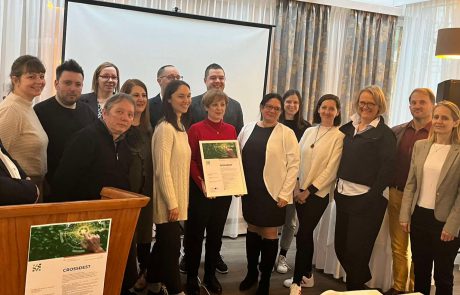
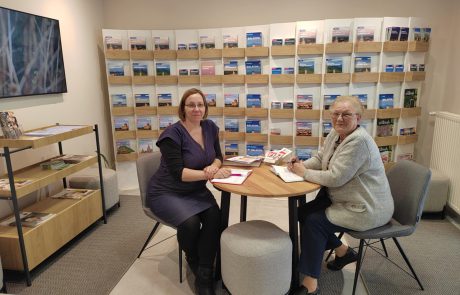
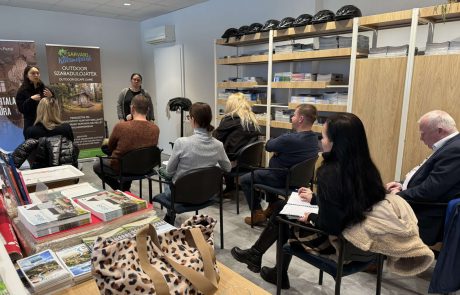
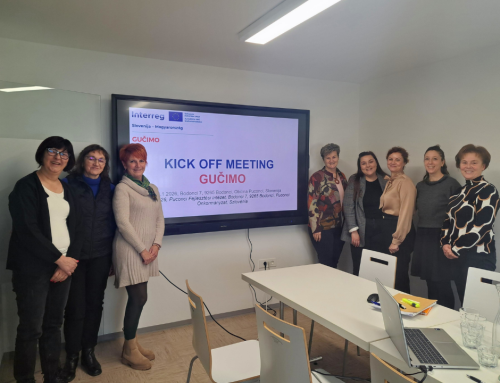
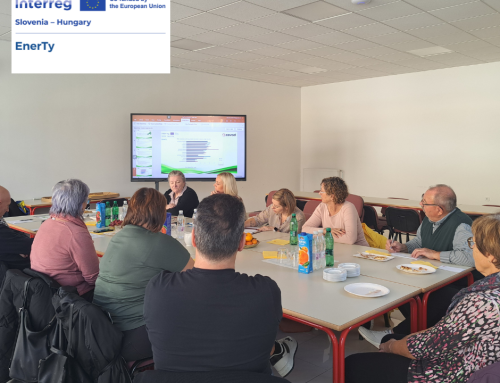
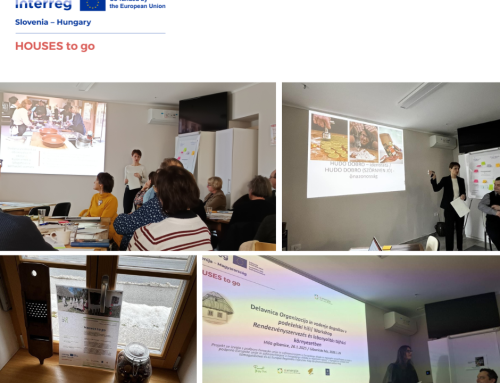
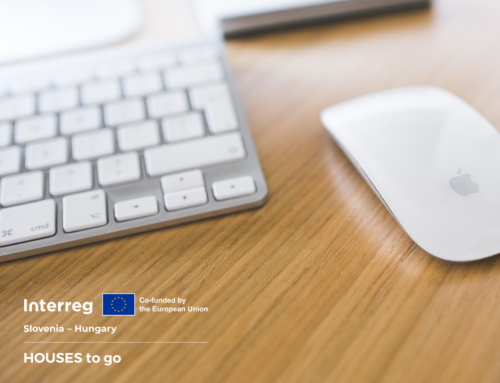
Leave A Comment